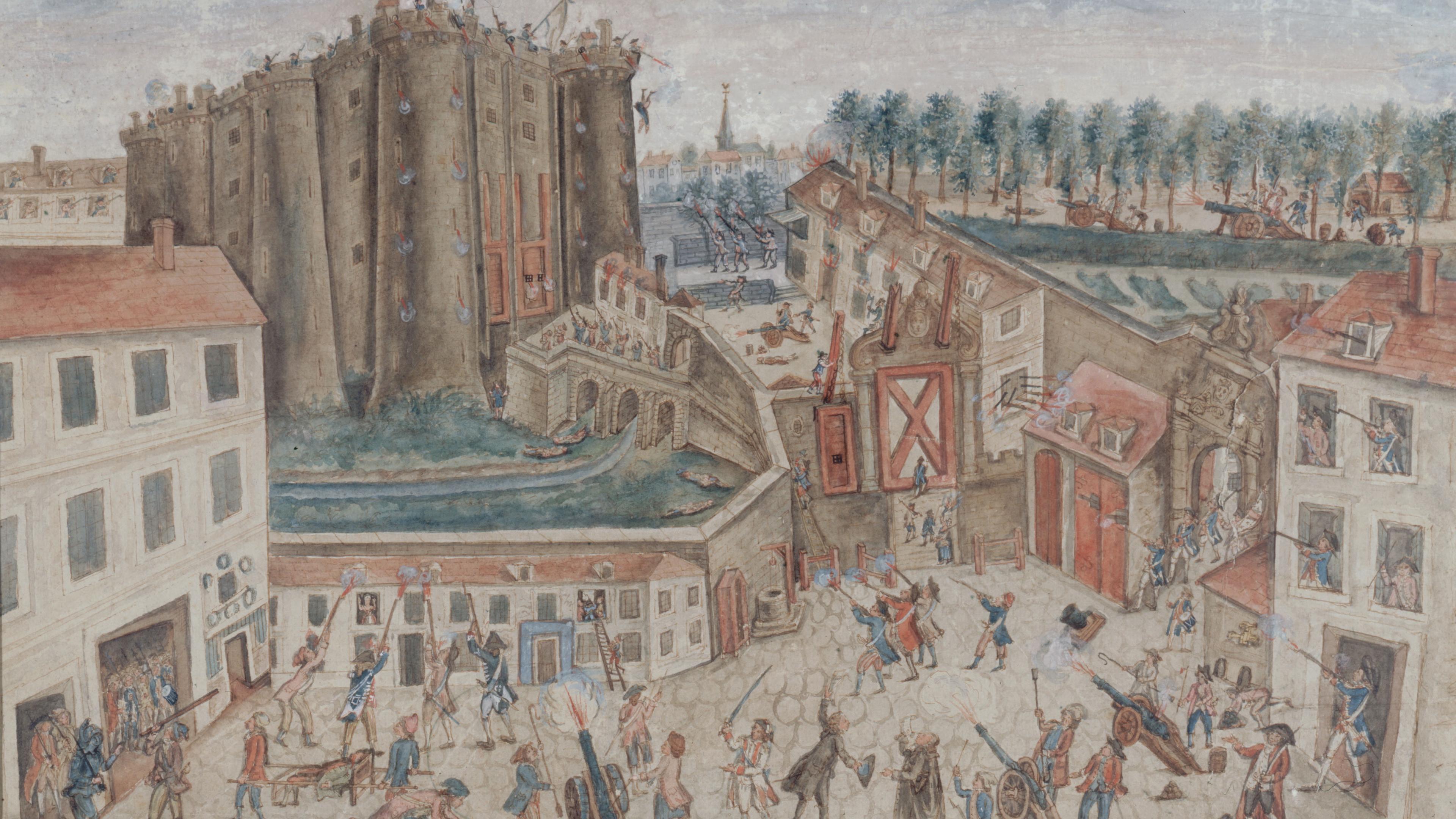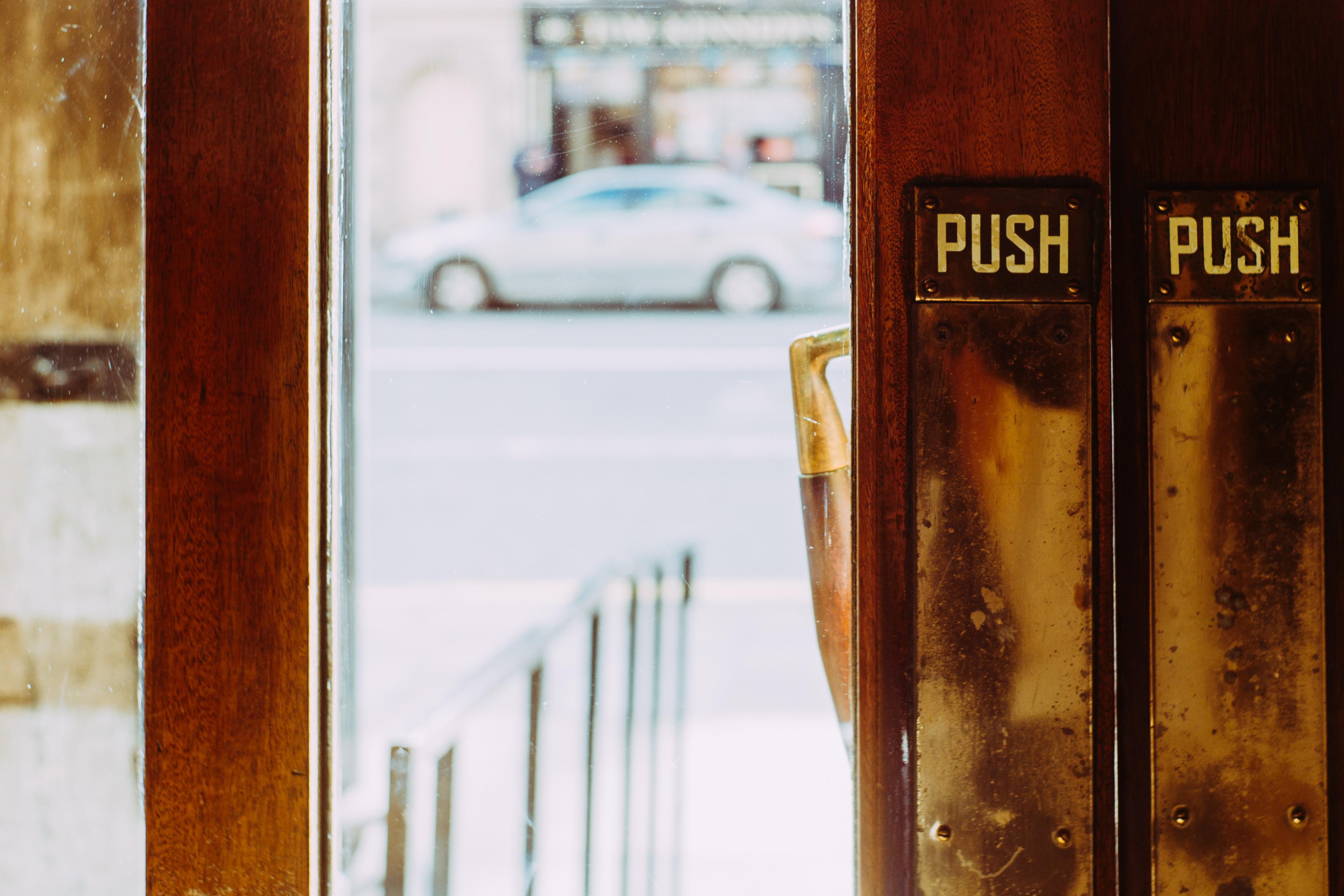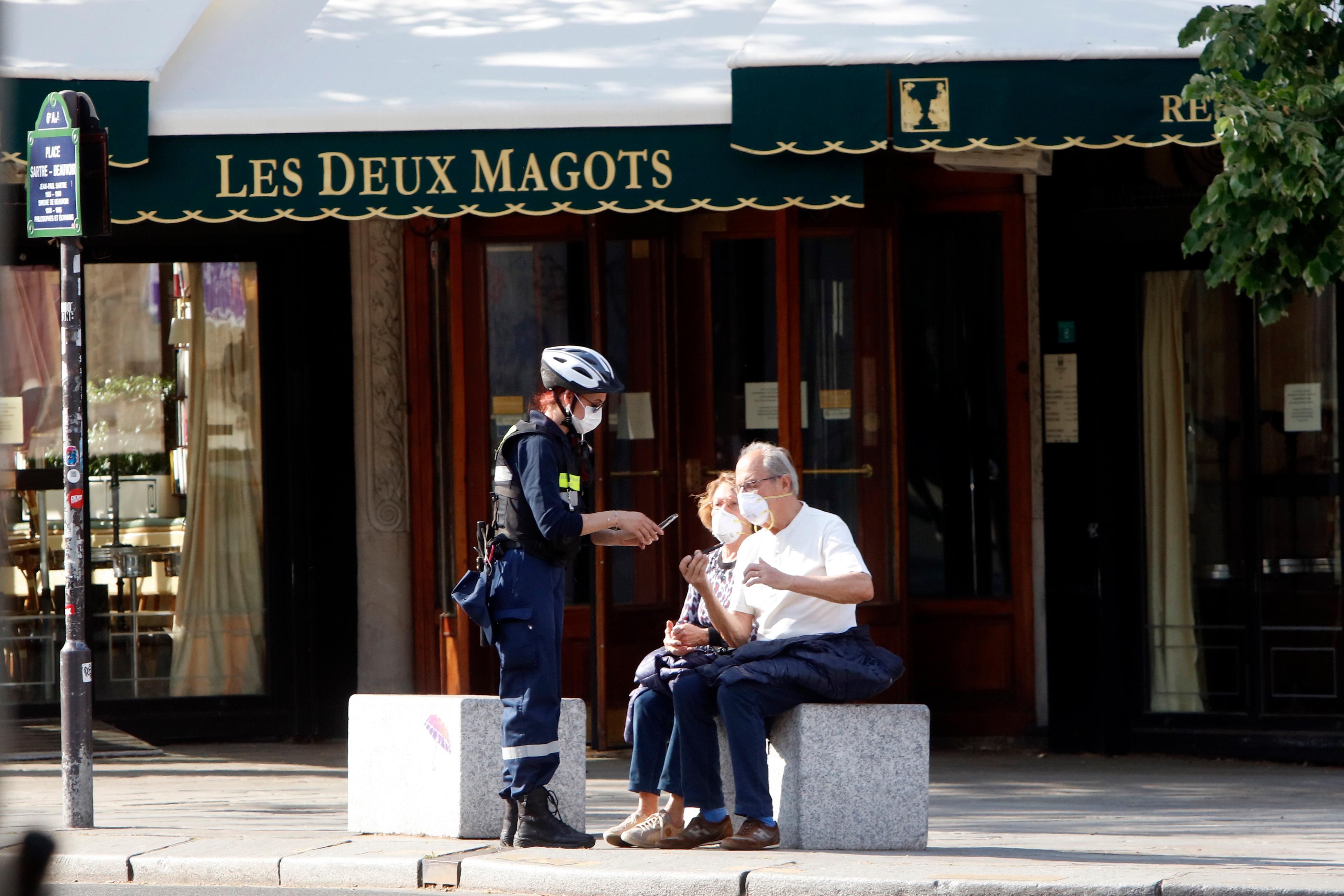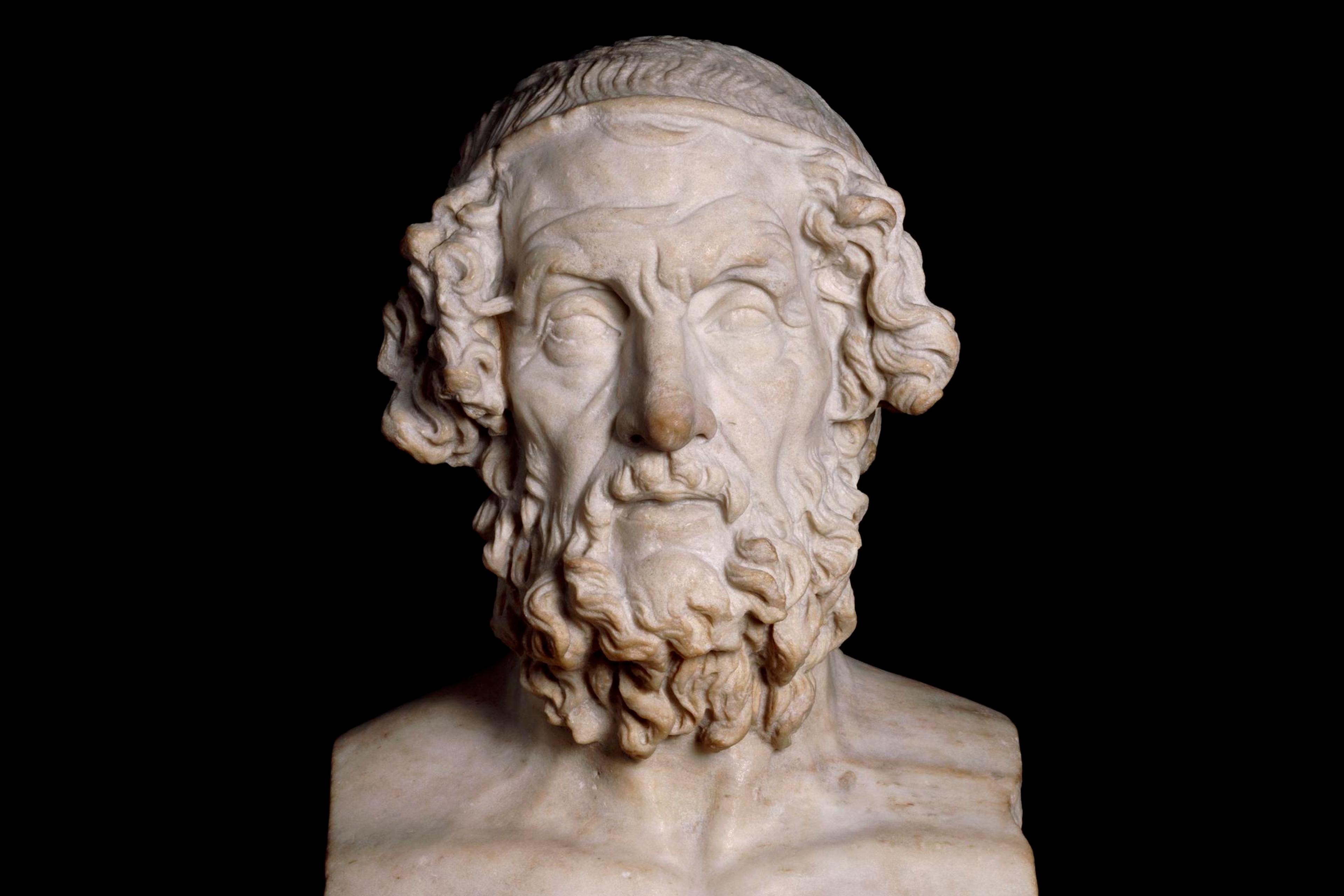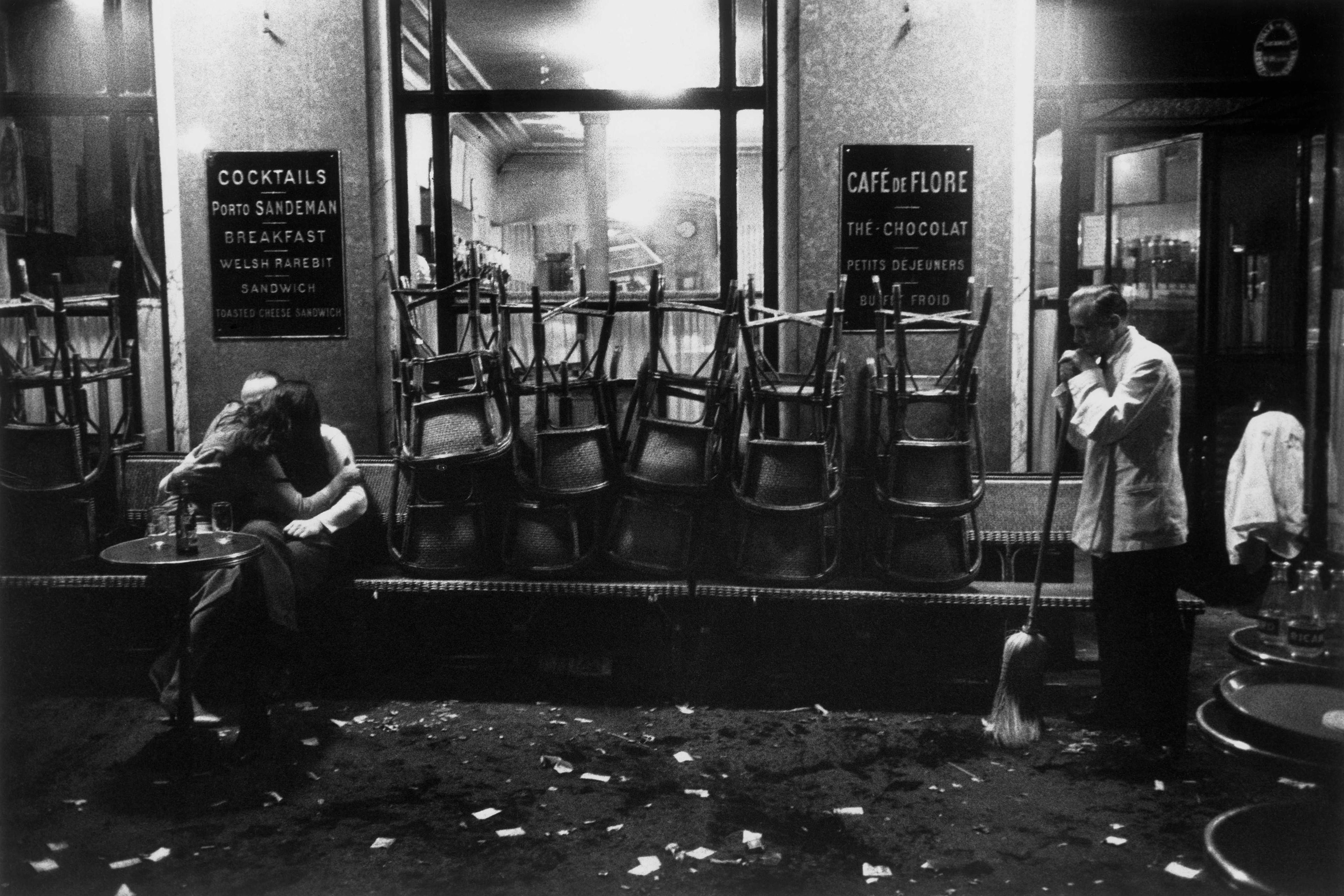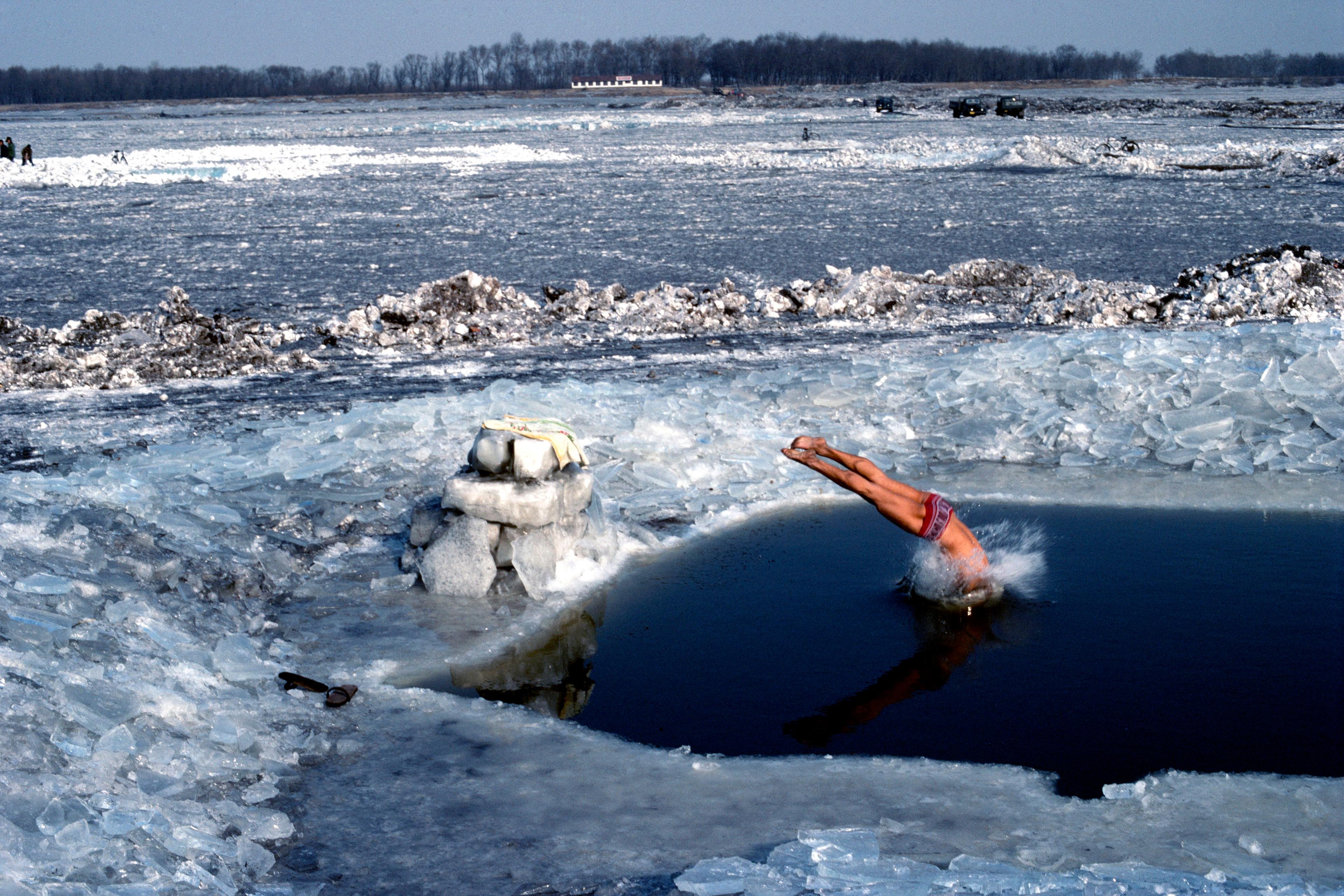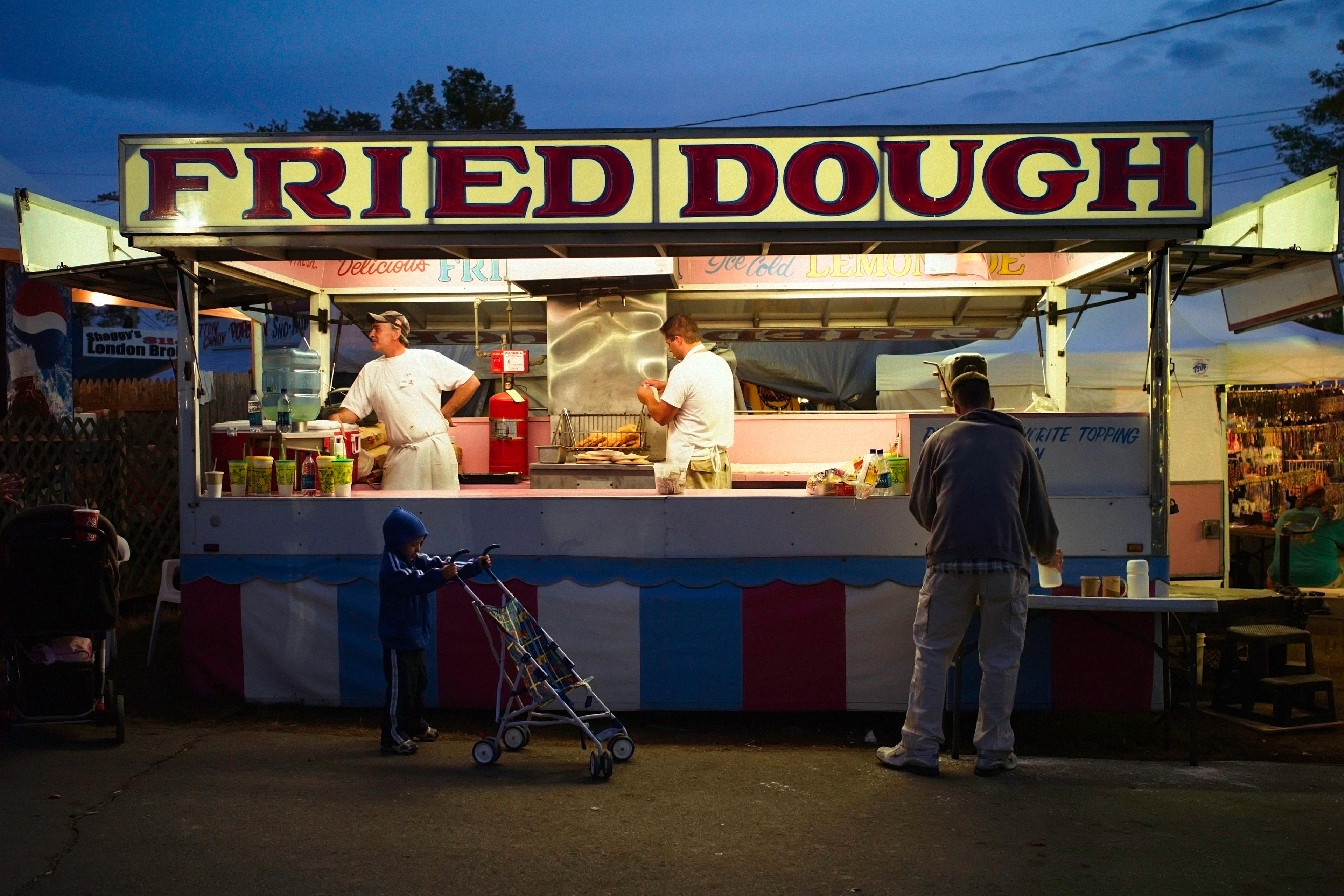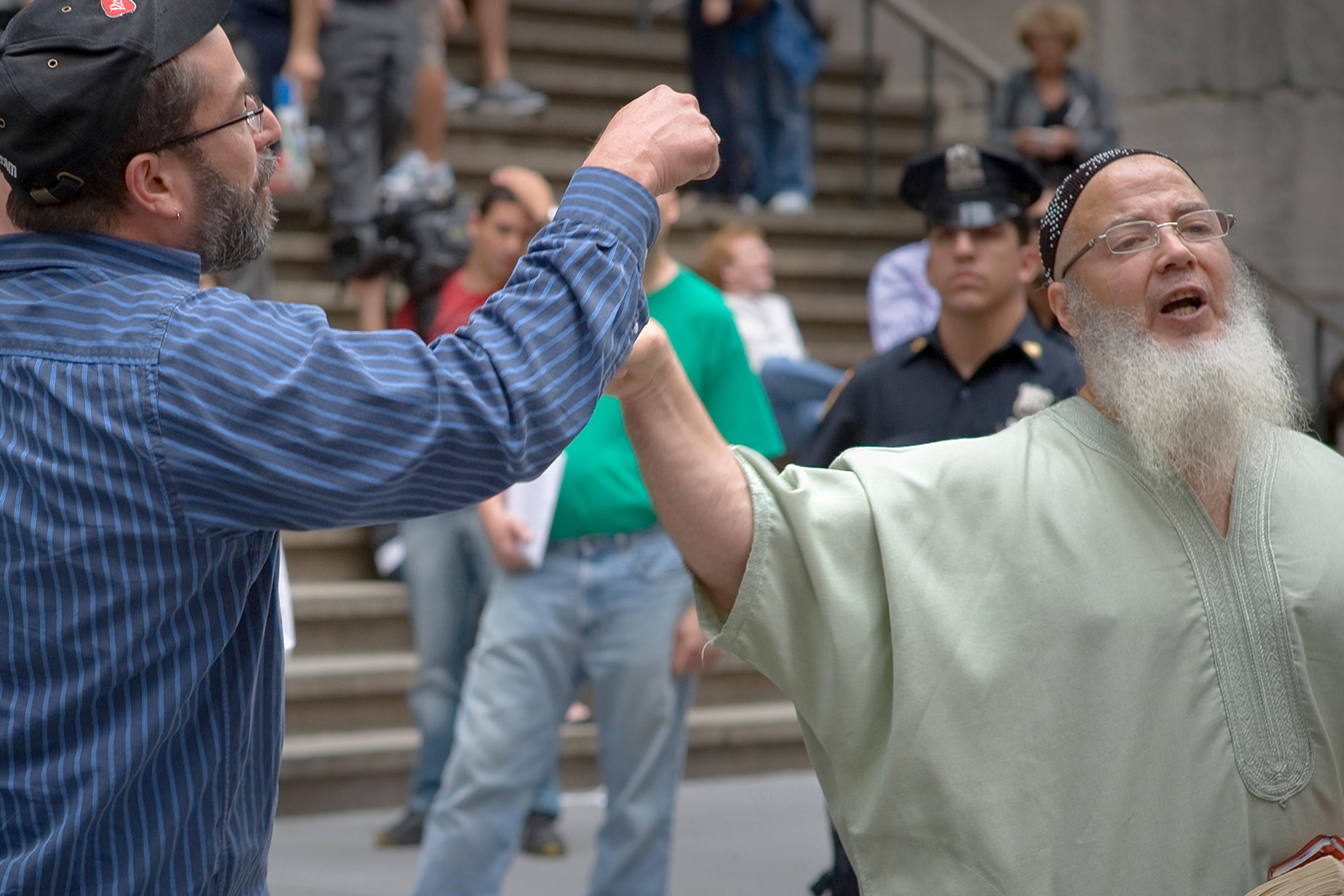The French language offers two ways of speaking about freedom: libre arbitre means ‘free will;’ volonté means ‘the will’ or, better, ‘volition’. Each carries with it distinct conceptual baggage. On the one hand, we exercise free will when making a choice. For volition, on the other hand, our freedom amounts to an exertion of effort. One is intellectual; the other laborious. Although you could get away with using either in everyday conversation, the choice of one term rather than the other is consequential. Indeed, the history of this semantic rift spills beyond the French language. It reveals a fissure at the core of what it means to author one’s own life story.
Two hundred years ago, disputes over the nature of freedom were all-consuming in France. That’s not only because political upheavals rocked the 19th century. In the wake of the 1789 French Revolution, men and women experienced radical democracies, military dictatorships, resurgent monarchies and constitutional republics – a living exercise in political science during which questions of liberté (another term for ‘freedom’) preoccupied national debates.
A scientific revolution also ignited beyond the Palace of Versailles, setting the fates of free will and volition on a collision course. The rise of psychology and neurology threw into disarray the terms with which people made sense of their selfhood. By the beginning of the 20th century, the young sciences showed how freedom involves our entire bodies; indeed, it penetrates far deeper into our being than mere choice.
The philosopher and psychologist Maine de Biran (1766-1824) led the vanguard. During a long political career, from the court of Louis XVI to the lower house of parliament – an institution created after the brothers of the executed king took over the throne in 1815 – Biran used his influence to gather the foremost French scientists. They studied the mind as part of the body. At a time when the nervous system’s workings were only beginning to be understood, the gatherings were, for some, an occasion to dispel freedom as an illusion. Emblematic was the physiologist Pierre-Jean-George Cabanis (1757-1808) who claimed that ‘The brain secretes thought like the liver secretes bile.’ Material enquiry, and not the abstract notion of free will, was to explain our agency.
Biran saw the fledgling brain sciences otherwise. In his work The Influence of Habit on the Faculty of Thinking (1802), Biran showed how our freedom hinges on volition, which can’t be easily confined to the space between our ears. Materialist scientists tilted at windmills, so Biran charged. The idea of free will is a fiction because our freedom needs friction.
Biran’s insight was that our nervous system is not a cause of volition but its constraint. In putting our body to use, we exert effort and encounter resistance. The play between the two – their modulation over time – gives rise to habits. According to Biran, habit follows a double law: ‘the less we feel, the more we perceive’. Before I studied the French language, the silent consonants and serous liaisons struck my ears like an indistinguishable mélange. By focusing on individual words, contorting my tongue and taking risks to speak, I eventually came to inhabit the language. Thanks to my sustained volition, a cacophony of foreign sounds eventually gave way to meaningful speech. For Biran, the paradigmatic habit is self-education.
His book overthrew the longstanding view that habit is blind repetition. René Descartes and Immanuel Kant had condemned habits as mechanical routines. They cloud clear judgment. For Biran, however, the discrete decisions of our free will matter less than the direction of our volition over time. And as habits take over, new resistance mounts. My patterns of thought and verbal crutches take the place of intentional speech. When I find myself lost in conversation at a cocktail party, voilà rolls off my tongue instinctively whenever I feel it’s time to wrap up. Habits open an opportunity to renew our efforts and overcome the resistance that takes over within us.
In the 19th century, psychology and politics revolved in the same orbit. Uprisings sought to replace old monarchical habits with new democratic ones. Biran, however, was no democrat. He applauded Napoléon’s brief return from exile in 1815. The French deserved an emperor who would strengthen people’s volition, which had been weakened by the unruly sentiments of popular sovereignty. Biran’s vision of selfhood was as consistent as his politics was lamentable, tethered as it was to an enduring aristocratic disposition.
In the eyes of European liberals, the new social order’s success hinged on a different form of freedom – free will. Universal male suffrage and market economies, both established with yet another French revolution in 1848, introduced novel decision-making capacities. The prolific polymath Charles Renouvier (1815-1903) argued that citizens’ libre arbitre usurped the reign of God and monarch. We occupy the role of judge (following the Latin, arbitrium) who renders a decision, as it were, in the court of the mind. To act with a free will, we ‘place the government of our innermost spirit in the hands of a single idea’. Renouvier spent the decade of 1854-64 writing his Essays of General Critique, a project to translate the individual will into the driving force of national regeneration. Government would thereby find its legitimacy in the voluntary consent of citizens.
National regeneration was the chief goal of the Third Republic, which reinvigorated disputes between free will and volition. It was the longest democratic regime in the country’s history, lasting from 1870 to the Nazi occupation in 1940. Following its inception, investment in science was a national priority. Fidelity to the patrie was to be not only free but also rational.
When the first experimental psychology laboratories broke ground in the 1880s, their focus was psychometrics. Reaction time experiments allowed researchers to track the time of thinking, feeling and willing. They ranged between .1 and .3 seconds (the time from the reception of stimuli in the brain to the movement of a limb). The mathematical revolution in the study of mind also set in motion projects to scale intellectual aptitude – Alfred Binet (1857-1911) released the first IQ measure in 1905 – and to rationalise colonial conquests of ‘uncivilised’ people in West Africa and Indochina. A trenchant materialism characterised the fin de siècle, a period during which faith in numbers drove projects to hierarchise human freedom.
Critics returned to Biran’s ideas. For Alfred Fouillée (1838-1912), quantitative psychology demonstrated that thoughts constitute powerful motor actions – what he called idea-forces. Their duration fluctuates with the obstacles we confront. In documenting the time taken to make decisions, experimental research didn’t make freedom predictable so much as it laid to rest the idea of unencumbered free will. Such was the case in liberal politics as well: our choices (left or right, buy or sell) reflect the surface of our freedom. Deeper, Fouillée believed, was a fleshly understanding of volition entangled with the body’s sensory-motor coordination.
The philosopher Henri Bergson (1859-1941) went a step further. In an oeuvre that was awarded the 1927 Nobel Prize in Literature, Bergson showed how we experience the world as a lived duration. As he saw it, psychometrics recorded the trace left by our volition, much like a marathon’s final standings indicate when runners pass the finish line. Within the flow of time, however, our freedom fluctuates between exertions of energy and effortless passivity. When I reflect inward on the life I live, I notice discrete decisions: the choice of college majors, career paths and romantic partners. When I probe deeper, the volition shaping my self comes into view – that is, the kind of person I continuously strive to become – and with it the constraints that have lent traction to my creativity. Bergson adapted Biran’s insight for a modern world ruled by numbers: choices touch only the shallows of our selfhood.
Today, choice-making is central to economic forecasting, political analysis and psychological testing. Market data and survey metrics aggregate our collective decisions. Although our world is distant from that of France a century ago, the country’s thinkers offer an enduring reminder that our aspirations for freedom do not amount to one thing. Do we seek more choices? Or do we strive to resist the sediments of time – that is, to make our selfhood anew?
